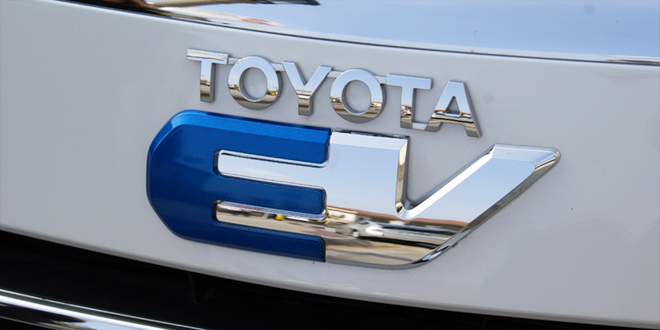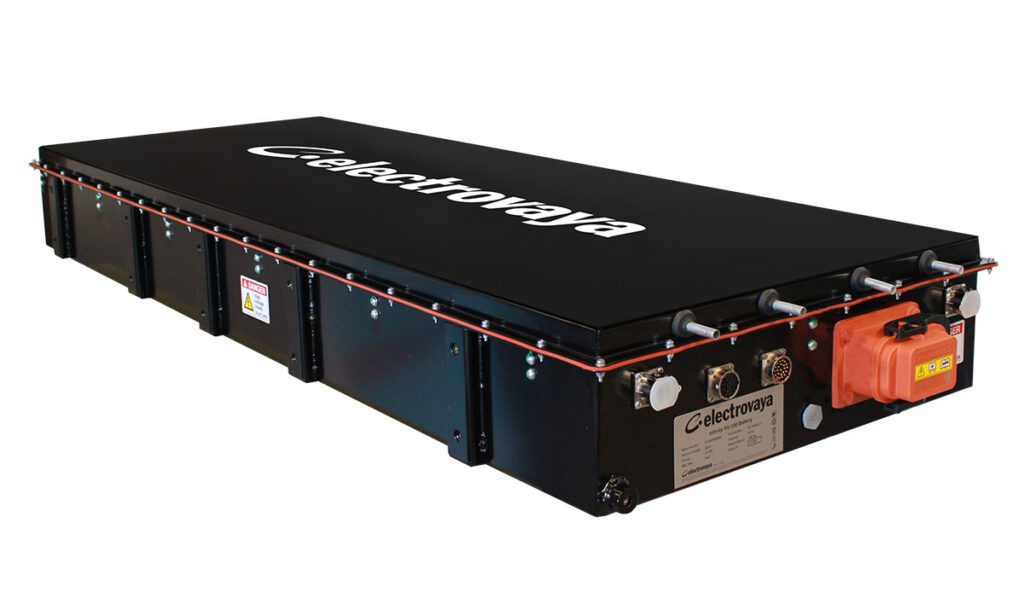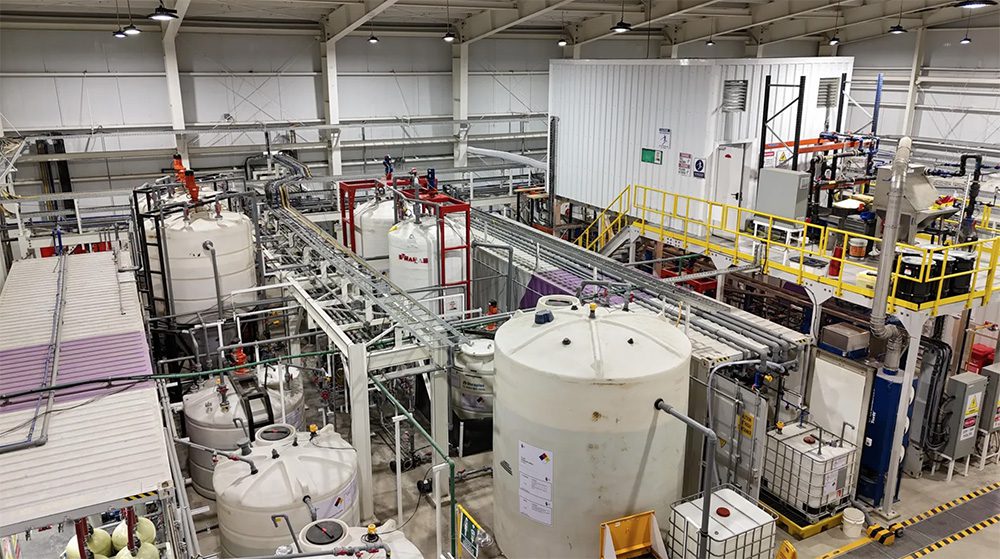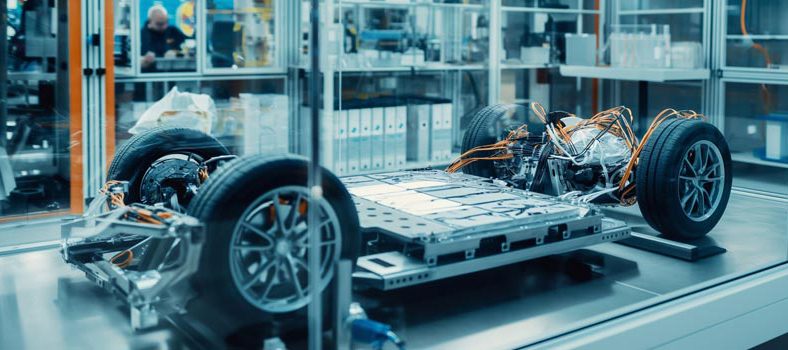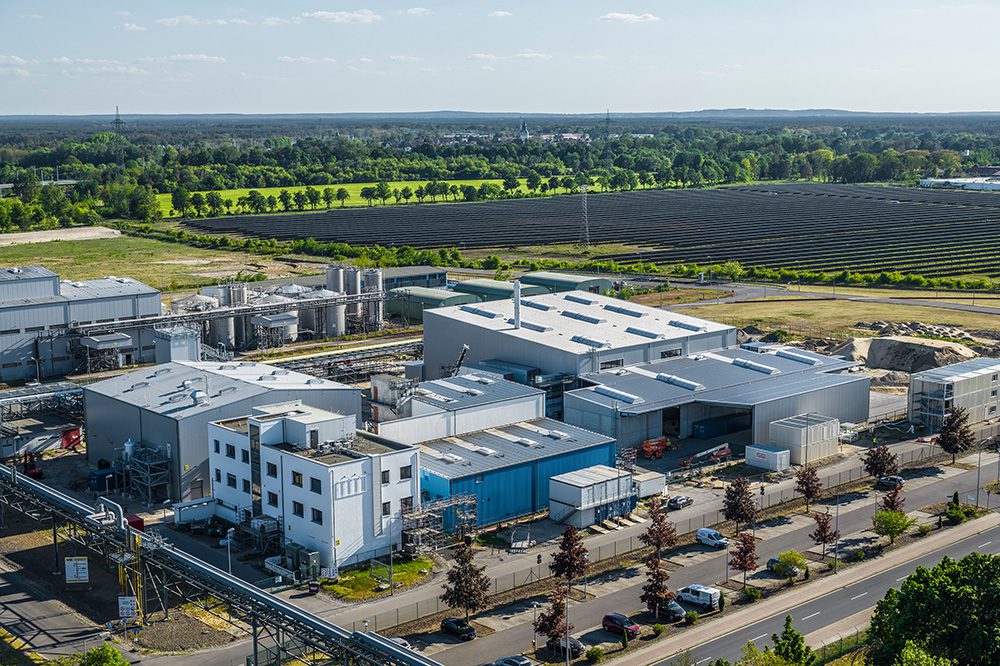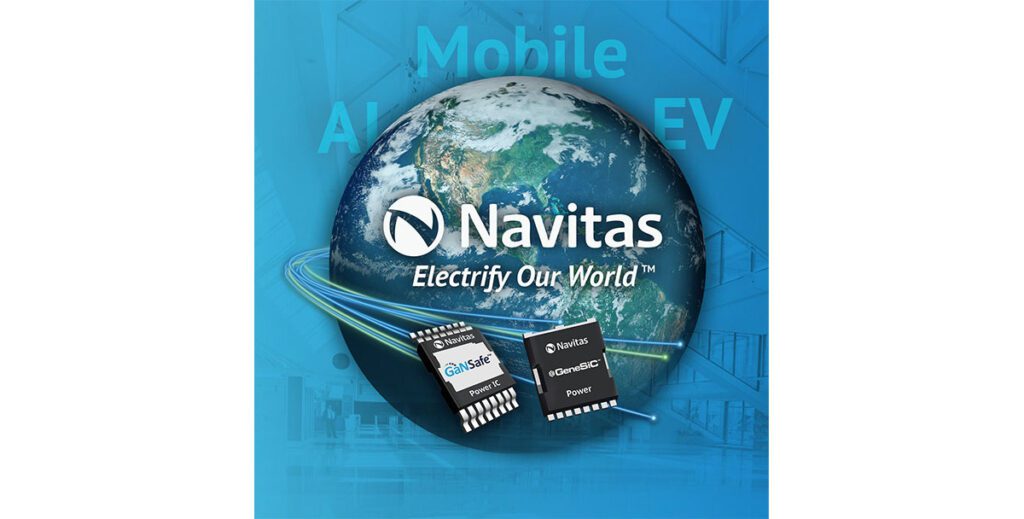Toyota has earned the disapproval of many in the EV community for setting up what many see as an artificial competition among different powertrain technologies. Its execs have made statements disparaging battery EVs, and its Lexus subsidiary has run ads mocking EVs.
Lately however, there have been signs that the world’s largest automaker may be reconsidering its plug-in position.
Toyota recently unveiled a new plug-in version of the Prius, and announced two new PHEVs for the China market.
Now auto industry pundit Bertel Schmitt (Editor in Chief of the Daily Kanban) opines that recent comments by a Toyota engineer may signal a change in polarity (via Forbes).
“Currently, a lot of electricity is still generated from fossil fuels. But this is shifting, and more and more carbon-neutral electricity will be generated,” Prius Chief Engineer Kouji Toyoshima told Schmitt. “That’s why we would like to use more electricity to power our cars.”
In the future, “[we] and our competitors will move to using much more carbon-neutral energy,” Toyoshima predicted. “We are using the EV-like plug-in-hybrid as a step to using more electricity in the future.”
Toyoshima also acknowledged that sales of the first-generation Prius Plug-in were disappointing. “The electric mode range was too short – 26.4 km (16.4 miles) according to the Japanese cycle. In wintertime, the gasoline engine kicked in rather quickly.”
The 2017 Toyota Prius Prime, as the new PHEV is called, will have an 8.8 kWh battery pack and an EPA-rated electric range of 22 miles. A heat pump provides cooling in summer and battery conditioning in cold temperatures.
Source: Forbes







